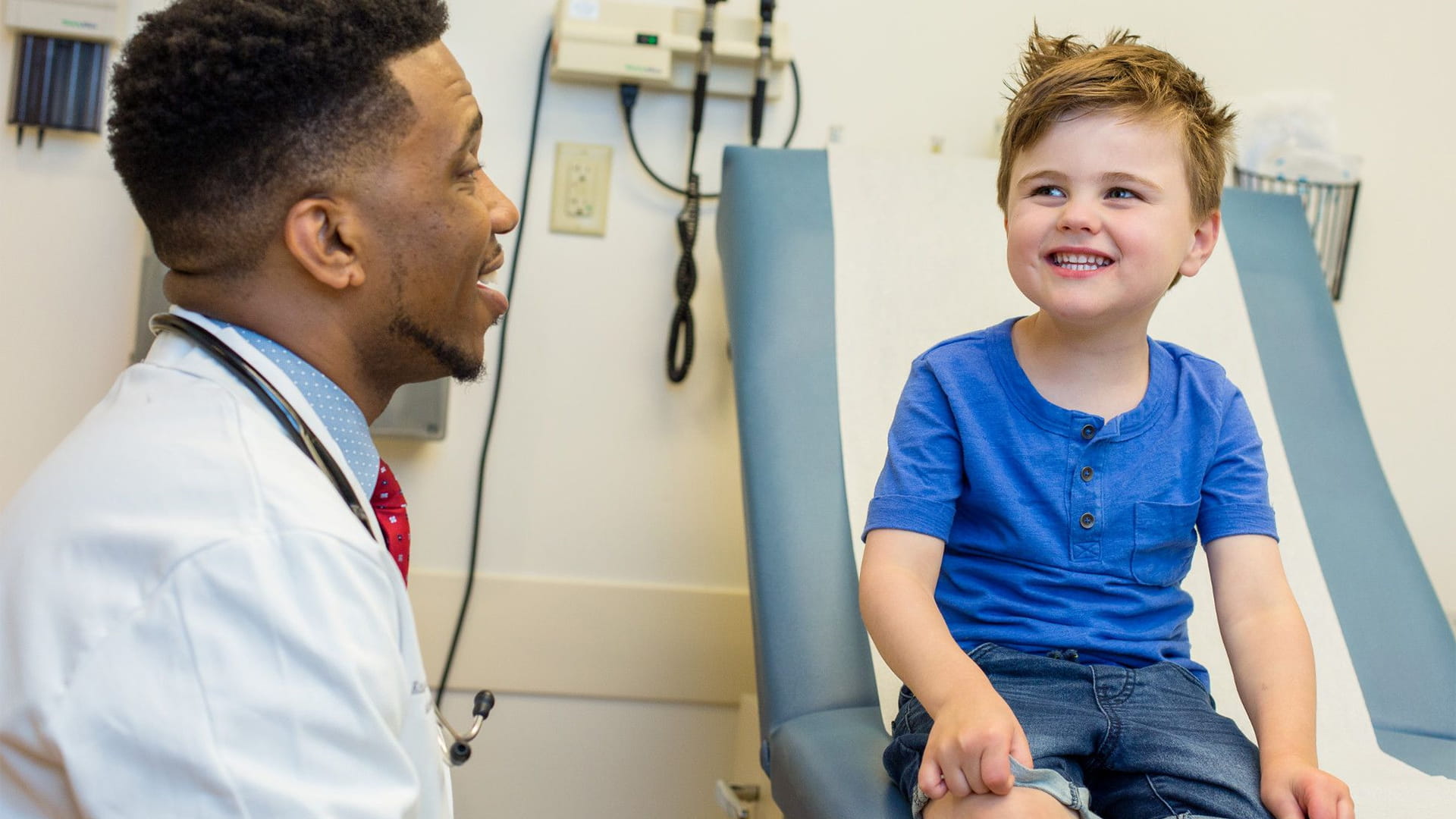Ethics Center at a Glance
The Ethics Center at Cincinnati Children’s helps families, healthcare professionals, researchers and administrators address the ethical issues that may arise during the treatment and care of our patients. We are dedicated to collaborating with patients and families, and have three main areas of focus:
- Clinical ethics. In collaboration with the Ethics Committee and Ethics Consultation Subcommittee, we help patients, families and healthcare providers address ethical issues during clinical treatment. The center also helps healthcare providers and administrators address broader policy issues.
- Research ethics. In collaboration with the Center for Clinical and Translational Science and Training, we help researchers and research participants consider ethical issues entailed by their activities.
- Organizational ethics. We support efforts of the Cincinnati Children’s administration to reflect on the ethical implications of the medical center’s business decisions.





